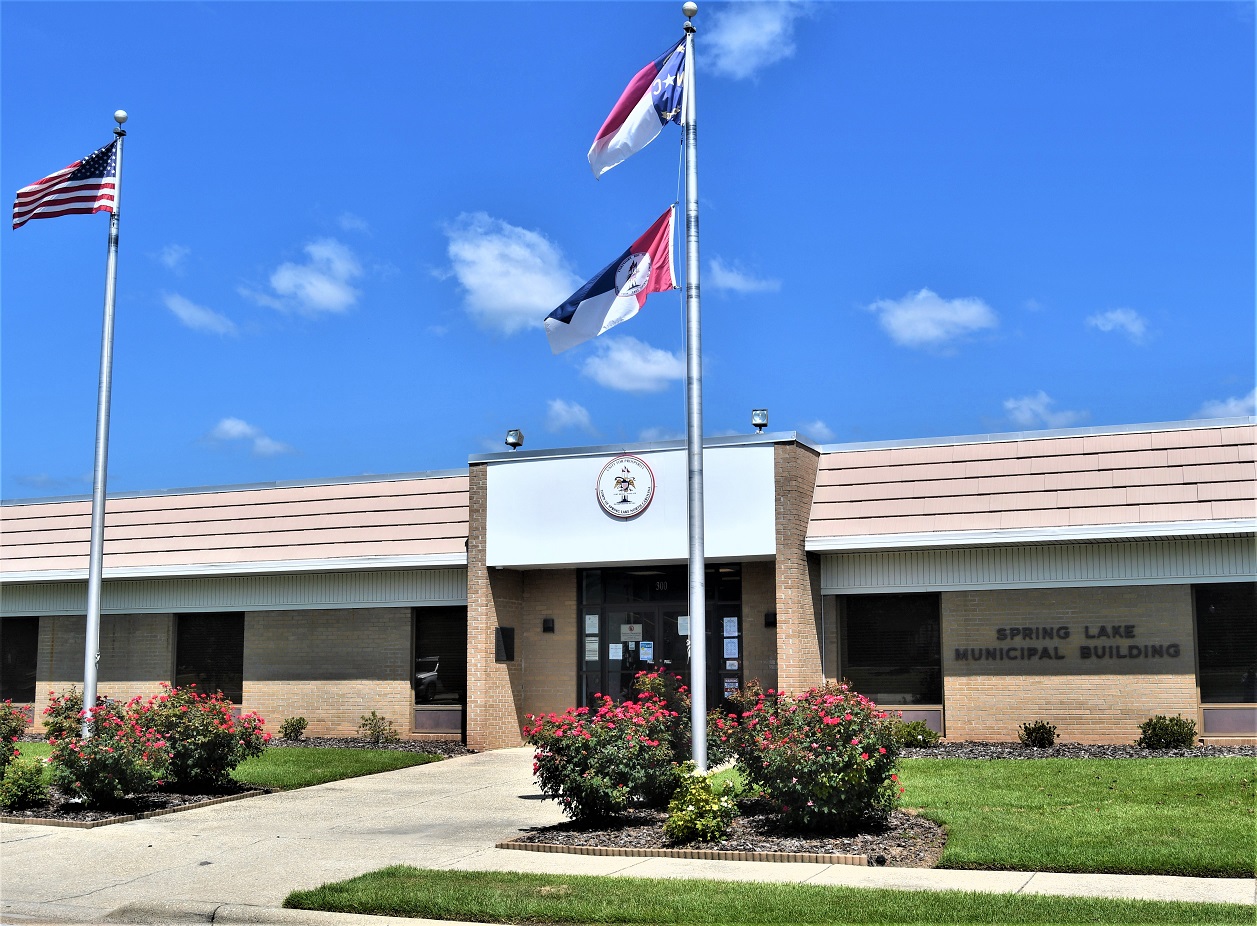
One June 22, an emergency meeting of the Local Government Commission (LGC) — chaired by State Treasurer Dale R. Folwell, CPA — took place, during which state officials voted to put Spring Lake on notice in regard to an accounting system that meets state standards.
On July 26, the LGC voted to assume full control of all finances of Spring Lake if the Spring Lake Board of Aldermen “impedes an investigation by the Office of State Auditor into questionable financial activities or withholds information from the commission,” according to a statement made available Monday to the Greater Fayetteville Business Journal.
“As the chair of the Local Government Commission I felt it was necessary to pass the resolution in order to send the strongest possible message to the Spring Lake elected officials that the Fiscal Accountability Agreement they agreed to is serious,” Folwell stated.
On Aug. 3, however, the state loosened its grip a bit allowing government officials to go back to work, according to local news reports.
On July 15, State Auditor Beth Wood ordered The Town Hall closed to foot traffic and employees were sent home, though drive-up and drop box service remained available.
According to North Carolina statutes, local governments must “establish and maintain an accounting system designed to show in detail liabilities, equities, revenues and expenditures.”
The state’s warning that it may take over the town’s books indicated that the LGC has determined the town’s system does not meet those criteria, though current staff is not implicated in that deficiency, according to the LCG press statement.
“Any second spent trying to get between the work of the LGC, the Auditor’s Office and the team on the ground is a second that can never be spent on getting it right and keeping it right on behalf of taxpayers and getting Town Hall open again,” Fowler stated on Monday.
Monday’s resolution authorizes Edmundson, when she deems necessary:
To impound the books and records of the town, assume control of the finances of the town and oversee and direct all its financial affairs as set out in N.C.G.S. Chapter 159 and the rules of the commission.
To deliver to the town, its officers, and Board of Aldermen the resolution from the commission pursuant to the provisions of N.C.G.S. Chapter 159.
To report to the commission on the matters listed and on the town’s readiness to comply with the requirements of N.C.G.S. Chapter 159 in order to provide a recommendation and time schedule for restoring the town to fiscal health and returning to the town control of its financial affairs.
Before the June 22 emergency meeting, Wood defended the new town manager and said “leadership is lacking from the aldermen. She also urged the LGC to assume statutory control of the town’s finances,” officials said.
“We are in there investigating and looking for missing money,” Wood said at the time. “There’s a lot of things going on. They've got a not-for-profit out there that some of them started, and it's gotten them in a financial situation that's just terrible.”
The Board of Aldermen meets in regular session tonight (July 26). A closed meeting is on the agenda at which legal matters will be discussed.
Find more information at www.nctreasurer.com/slg.

Kristen Botts co-founded the program with her husband, Nathan Botts, who is a Veteran himself. Photos provided by Kristen Botts.An organization helping Veterans live a full life after their service in the U.S. Military wants to connect Veterans and d

Patrick NoblesHuntington Bancshares Incorporated announced on Feb. 2 that it has closed its merger with Cadence Bank, a regional bank headquartered in Houston, Texas and Tupelo, Miss. This strategic partnership accelerates Huntington’s growth in

There is extensive dialogue surrounding Fayetteville as a travel destination or city aimed at recruiting new businesses and new residents. As someone who moved here from out of state, I thought it could be fun to share my personal experience as